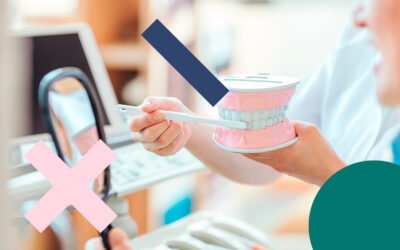What is asthma?
Asthma is a disease of the respiratory system characterized by chronic inflammation of the airway, whose clinical manifestations are heterogeneous and variable over time and consist of wheezing, shortness of breath, chest tightness and coughing.
Types of Asthma
We can classify asthma into different types according to the causes that produce it, although the most common form is extrinsic or allergic asthma, typical in children and adolescents.
The Asthmatic Crisis
The clinic of an asthmatic crisis is the same in all types, being reversible and with self-limited episodes. Patients who are monitored and follow their treatment can lead a normal life as long as they carry their medication with them. Drugs to treat asthma are inhaled anti-inflammatory drugs (corticosteroid type such as budesonide or beclomethasone) and long-acting bronchodilators (beta-adrenergic agonist type such as salbutamol). However, in the most severe cases, these drugs are insufficient and hospital admission is necessary.
How to carry out a correct dental management in asthmatic patients
One of the most important aspects that the dentist must take into account is to avoid triggering an asthmatic crisis. To this end, a number of preventive measures need to be taken:
- Know the patient's medical history: type of asthma, triggers, severity and usual treatment. On the other hand, it is very important to ensure that the patient carries the medication and has taken it before starting any dental surgery.
- Know and detect the signs and symptoms that generate a crisis and avoid precipitating factors. Anxiety can be one of these factors, so it is very important to establish an honest and supportive relationship with the patient from the first moment they come to seek help for their oral health problem. The professional should discuss with the patient his/her dental condition, how he/she will be treated and any fears the patient may have regarding the treatment.

The patient should be invited to ask questions and the dentist should respond openly and directly. The patient should be informed about the measures the dentist will take to prevent the onset of pain and make the consultation more comfortable. If there is going to be some discomfort at any point during the procedure, the patient should be informed at what point it will occur. Maintain a healthy mouth with daily care routines.
Discover our products for daily oral care

The very anxious patients may be medicated with a small dose of anxiolytic the night before and one hour before the appointment.
If any signs or symptoms such as coughing, shortness of breath, wheezing, or chest tightness are detected, treatment should be stopped immediately and the usual nebulizer administered.
Finally, it is important to consider drug interactions with dental practice. Drugs such as aspirin or other nonsteroidal anti-inflammatory drugs (NSAIDs) may trigger the attack.
On the other hand, macrolide antibiotics such as erythromycin should not be prescribed to patients treated with theophylline because they may increase its toxicity.
For more information on dental management in asthmatic patients, please consult:
Silvestre Donat, F.J (2002). The medically compromised patient in the dental clinic. Valencia (Spain). A.S.P.,s.l


 How to relieve pain with newly placed braces?
How to relieve pain with newly placed braces? How to keep your breath fresh?
How to keep your breath fresh? 10 Tips to take care of the oral health of the little ones
10 Tips to take care of the oral health of the little ones





